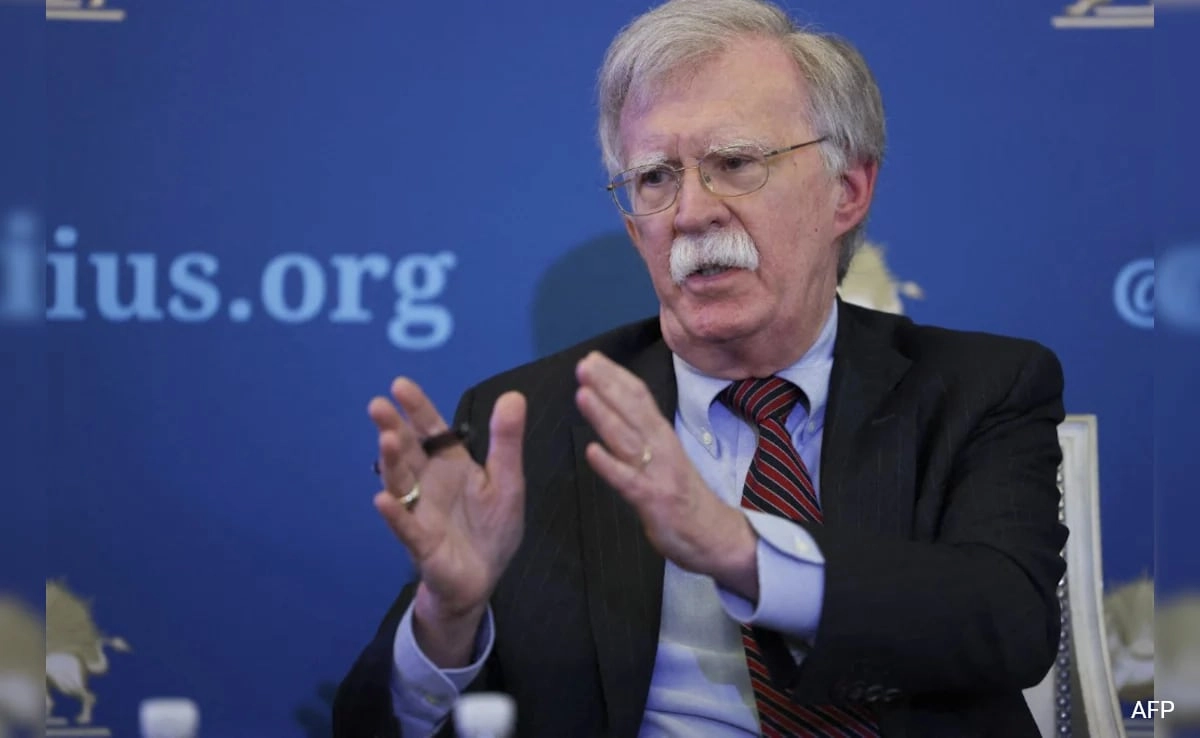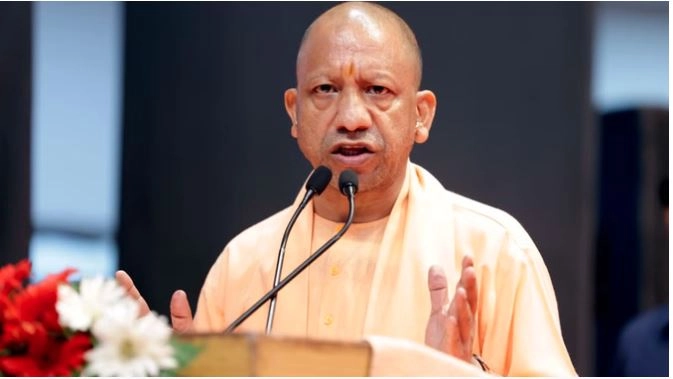In a recent analysis, former National Security Advisor (NSA) to the United States expressed profound concerns regarding the implications of Prime Minister Narendra Modi’s visit to China. This visit, which has been characterized by some as a step towards strengthening bilateral relations, is viewed by the former NSA as a significant departure from longstanding efforts to stabilize the region and counterbalance China’s growing influence. The former advisor articulated that former President Donald Trump’s administration had laid the groundwork for a strategic approach that aimed to address the complexities of China’s assertiveness, particularly in the Indo-Pacific region. However, this framework seems to have unraveled under current diplomatic dynamics.
The analysis suggests that Trump’s administration had galvanized international alliances to create a unified front against what many perceived as aggressive Chinese policies. From fostering closer ties with India to enhancing military cooperation with allies in the region, the previous administration had made strides in creating a cohesive strategy. However, the former NSA argues that Modi’s outreach to China may undermine these efforts, potentially destabilizing the balance of power that had been carefully constructed over the years. This shift could embolden China in its territorial disputes and assertive posturing, particularly in the South China Sea and along its borders with India.
Moreover, the former NSA’s commentary points to the broader geopolitical ramifications of Modi’s visit. By engaging with China, India risks sending mixed signals to its allies, particularly in the context of the Quad alliance, which includes the United States, Japan, and Australia. The Quad was seen as an essential mechanism for countering Chinese influence in the region, and any perceived warming of relations between India and China could weaken this coalition. The concern is that such a diplomatic overture might lead to a fragmented response to Chinese aggression, ultimately benefiting Beijing’s strategic objectives.
As the geopolitical landscape continues to evolve, the implications of Modi’s diplomatic maneuvers will likely be scrutinized by analysts and policymakers alike. The former NSA’s comments serve as a reminder of the delicate balance that must be maintained in international relations, especially in a region as volatile as the Indo-Pacific. The stakes are high, and the decisions made today will undoubtedly shape the future dynamics of power and influence in this critical part of the world. The challenge remains for leaders in the region to navigate these complex relationships while safeguarding their national interests against a backdrop of increasingly assertive global players.




